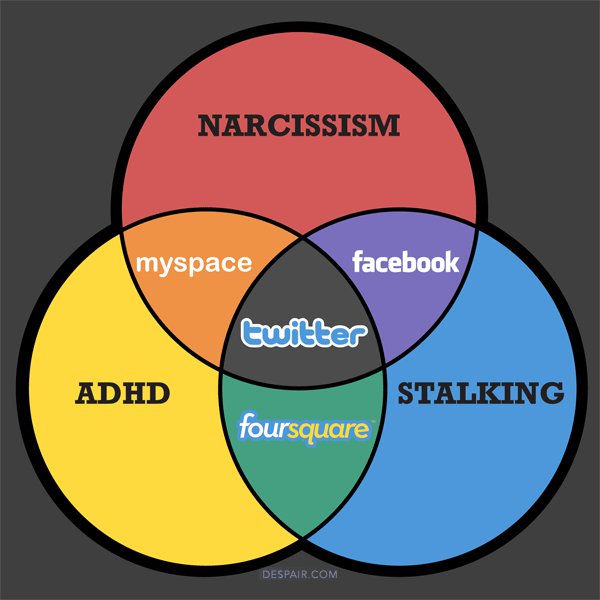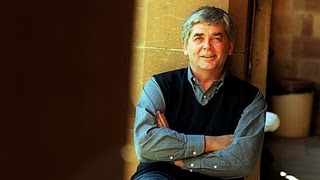From today’s Financial Times…
The rain beats down on a small Irish town. The streets are deserted. Times are tough. Everyone is in debt and living on credit. A rich German arrives at the local hotel, asks to view its rooms, and puts on the desk a €100 note. The owner gives him a bunch of keys and he goes off for an inspection.
As soon as he has gone upstairs, the hotelier grabs the note and runs next door to pay his debt to the butcher. The butcher hurries down the street to pay what he owes to his feed merchant. The merchant heads for the pub and uses the note to pay his bar bill. The publican slips the note to the local hooker who’s been offering her services on credit. She rushes to the hotel to pay what she owes for room hire. As she puts the €100 note on the counter, the German appears, says the rooms are unsuitable, picks up his €100 note and leaves town.
No one did any work. No one earned anything. Everyone is out of debt. Everyone is feeling better. And that is how a bail-out works.





